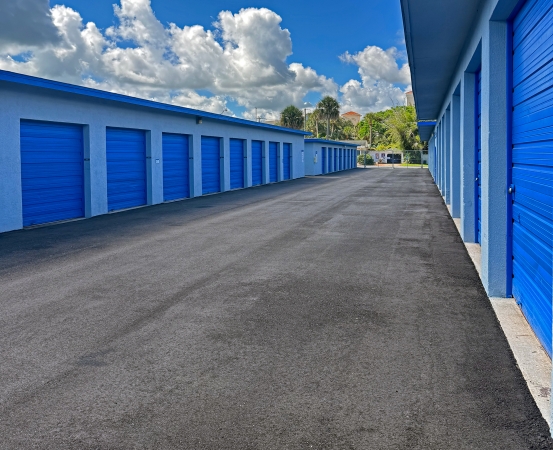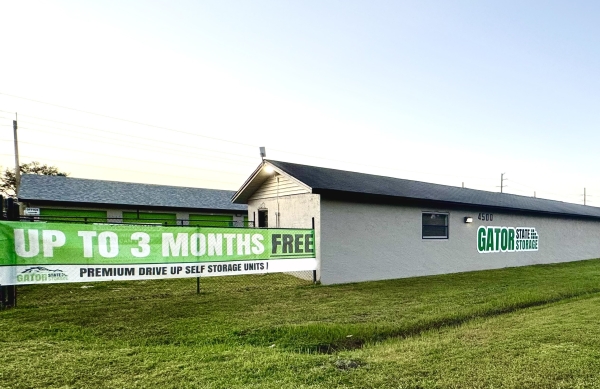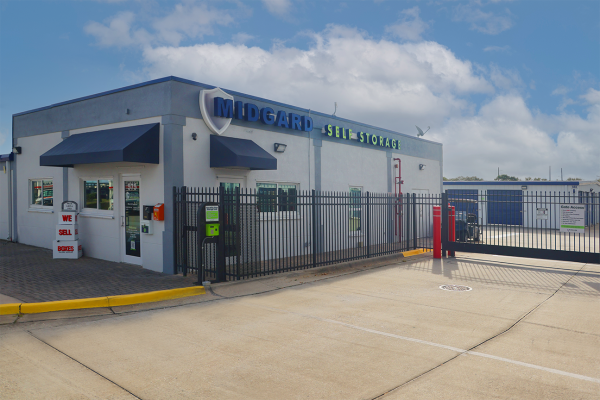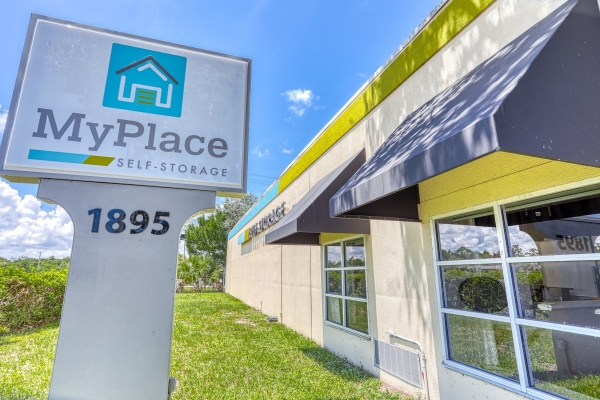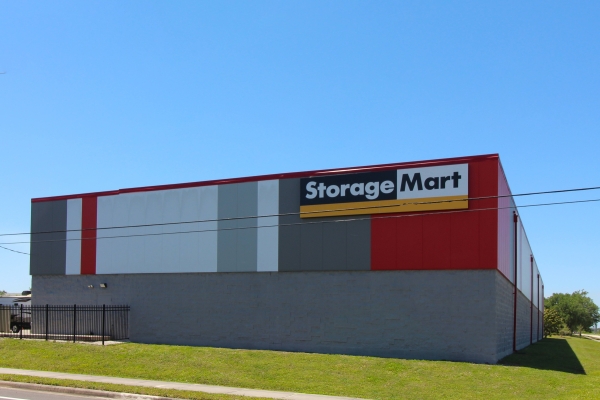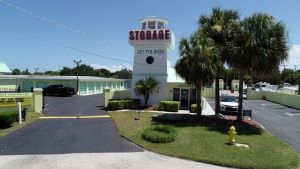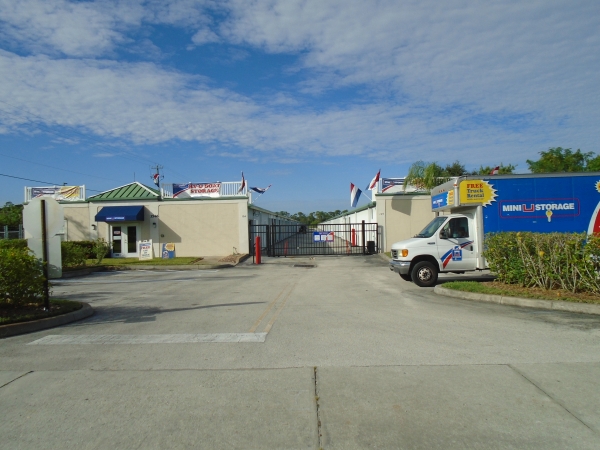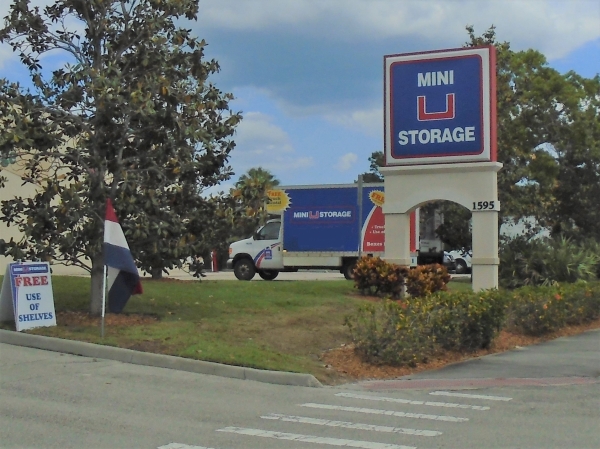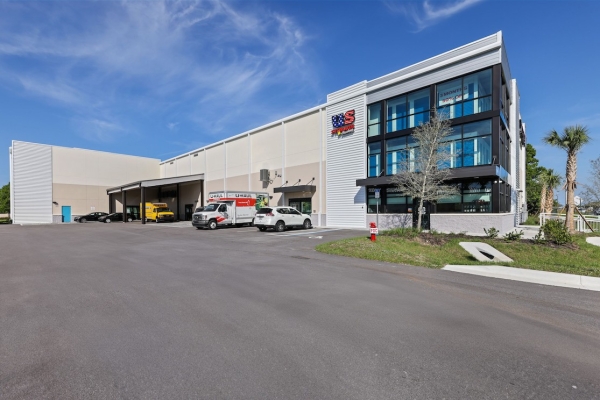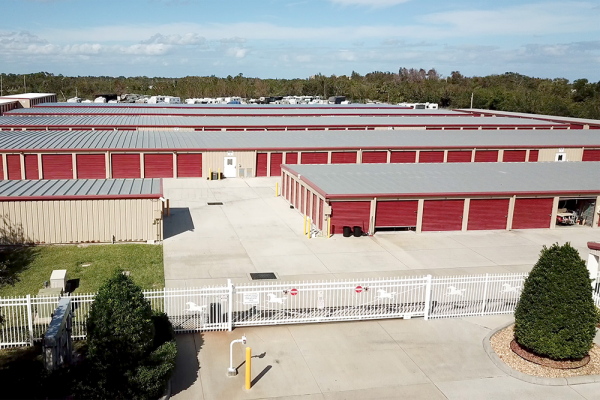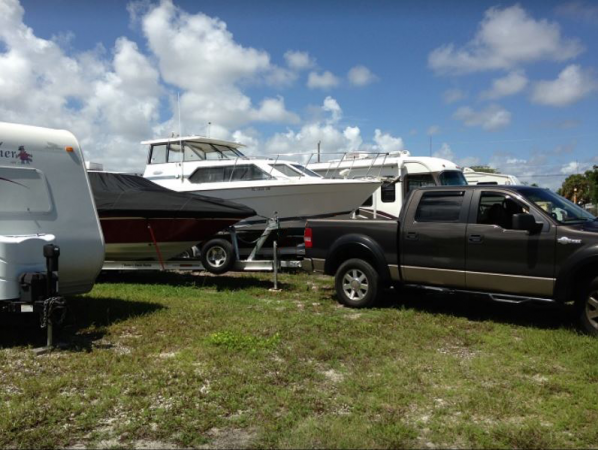In Melbourne, the subtropical climate and proximity to the coast create a need for storage solutions that prioritize protection against humidity and heat. Residents often require space for seasonal items, recreational gear, and personal belongings, especially as many engage in outdoor activities like boating and fishing. The demand for accessible and secure storage options is heightened by the area’s growing population, which includes families and professionals who may need to store everything from household overflow to business inventory.
With a variety of storage facilities available, Melbourne offers amenities that cater to these needs, such as climate-controlled units to safeguard sensitive items from the elements. The convenience of drive-up access and 24-hour availability ensures that residents can easily retrieve their belongings whenever necessary. Additionally, features like video surveillance and alarms provide peace of mind, making it easier for individuals and businesses to find the right storage solutions for their specific circumstances.
How Much Is a Storage Unit in Melbourne, FL?
Here’s what you can expect to pay for Melbourne storage units:
| 5’x5’ | $42 |
| 10’x10’ | $122 |
| 10’x15’ | $157 |
| 10’x20’ | $215 |
| 10’x30’ | $225 |
Melbourne, FL Storage Unit Amenities
Common storage unit amenities in Melbourne include:
- Alarm in Unit
- Climate Controlled
- Drive Up Access
- Elevator
- Free Truck Rental
- Video Cameras on Site
- 24-Hour Access
- 1st Floor
What to Look for in a Storage Unit in Melbourne
Climate-Controlled Units
Melbourne’s subtropical climate can lead to high humidity levels, which may damage items like electronics, furniture, and important documents. Climate-controlled units help maintain a stable environment, protecting belongings from moisture-related issues such as mold and mildew.
Convenient Access
With many residents leading active lifestyles, easy access to storage units is essential. Facilities that offer drive-up access and 24-hour availability allow individuals to quickly retrieve or store items, whether it’s outdoor gear or seasonal decorations.
Enhanced Security Features
Given the importance of safeguarding personal and business belongings, choosing storage facilities with robust security measures is crucial. Look for features such as video surveillance, gated access, and individual unit alarms to ensure your items are well-protected.
Flexible Options for Various Needs
Melbourne’s diverse community means that storage requirements can vary widely. Whether you need a small unit for personal items or a larger space for business inventory, facilities that offer a range of unit sizes and flexible rental agreements can accommodate different needs effectively.
Frequently Asked Questions
How Much Is a Storage Unit in Melbourne, FL?
Storage unit prices in Melbourne typically range from $42 to $225 per month, depending on the size and features of the unit. Smaller units, like 5’x5′ spaces, are more affordable, while larger or climate-controlled units are priced higher.
Is Climate-Controlled Self-Storage Necessary in Melbourne?
Yes, climate-controlled units are highly recommended in Melbourne due to the area’s humidity levels. Items such as electronics, furniture, and important documents benefit from temperature and humidity control to prevent damage.
What Size Storage Unit Do I Need?
- 5×5 or 5×10: Ideal for small personal items, seasonal gear, or college dorm furniture.
- 10×10: Fits the contents of a one-bedroom apartment, including furniture and boxes.
- 10×20 or larger: Suitable for multi-bedroom homes, vehicles, or business inventory.
How Can I Save on a Storage Unit in Melbourne?
Maximize savings with promotions such as free trial periods or lower rates for extended agreements. Consider units in less-central locations, which may offer lower rates. Splitting a larger storage unit with a friend or roommate can be an effective way to cut costs.
Does My Insurance Cover Items in Storage?
Stored belongings are often covered under renters’ or homeowners’ policies, but coverage limits can vary. Confirm your policy coverage with your provider and consider adding storage insurance as needed.
